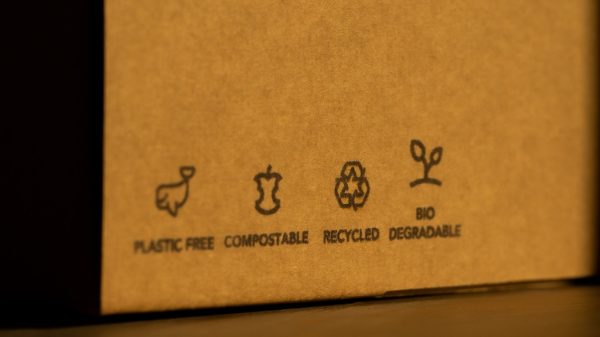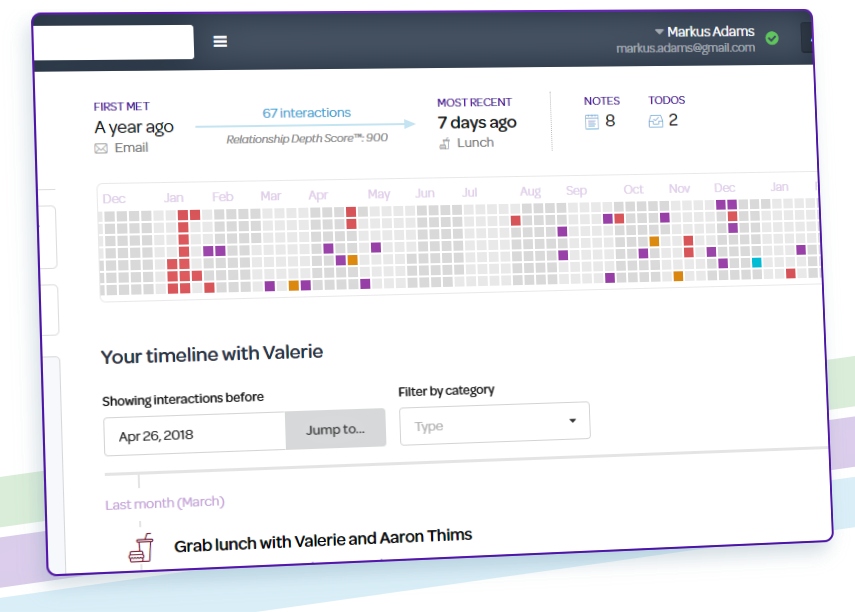
Disclosure agreements in 2011
The 2011 National Association of Realtors® Profile of Home Buyers and Sellers surveyed 5,708 home buyers and sellers, and report that most buyers (89 percent) purchase their home through a real estate agent or broker, in fact, the percentage is at a ten year high.
Of those that used a Realtor, it is interesting to take a pulse on what agreements the industry is using in the field on a national scale. Because of the litigious nature of real estate and the high stakes game of buying a home or investing, disclosure agreements are common, but surprisingly, one in three buyers never signed a disclosure agreement in 2011.
Of the two thirds of buyers that did sign a disclosure agreement, 31 percent signed the document at their first meeting. It was more likely that a repeat buyer signed a disclosure agreement than a first time buyer.
Although only 18 percent of buyers had a written buyer representation agreement, 42 percent had an oral buyer representative arrangement, leaving 40 percent of buyers with no representation agreement in play. There is a great deal of debate surrounding the use of buyer representation agreements with some vehemently against forcing consumers to sign while others will not work with a buyer unless their relationship is fully protected.
Realtor compensation trends
Compensation trends shifted a bit this year, according to the NAR report with 60 percent of agents compensated by the seller in 2011, down five percent from last year. In 19 percent of transactions, the buyer compensated the real estate agent and in 11 percent of transactions the agent was compensated by both the buyer and the seller. Interestingly, only one percent of all transactions were flat fee.
The takeaway
Compensation and use of disclosure forms and buyer representation agreements varies wildly in the real estate industry, indicating that competition of models is alive and well.
The American Genius is news, insights, tools, and inspiration for business owners and professionals. AG condenses information on technology, business, social media, startups, economics and more, so you don’t have to.







































